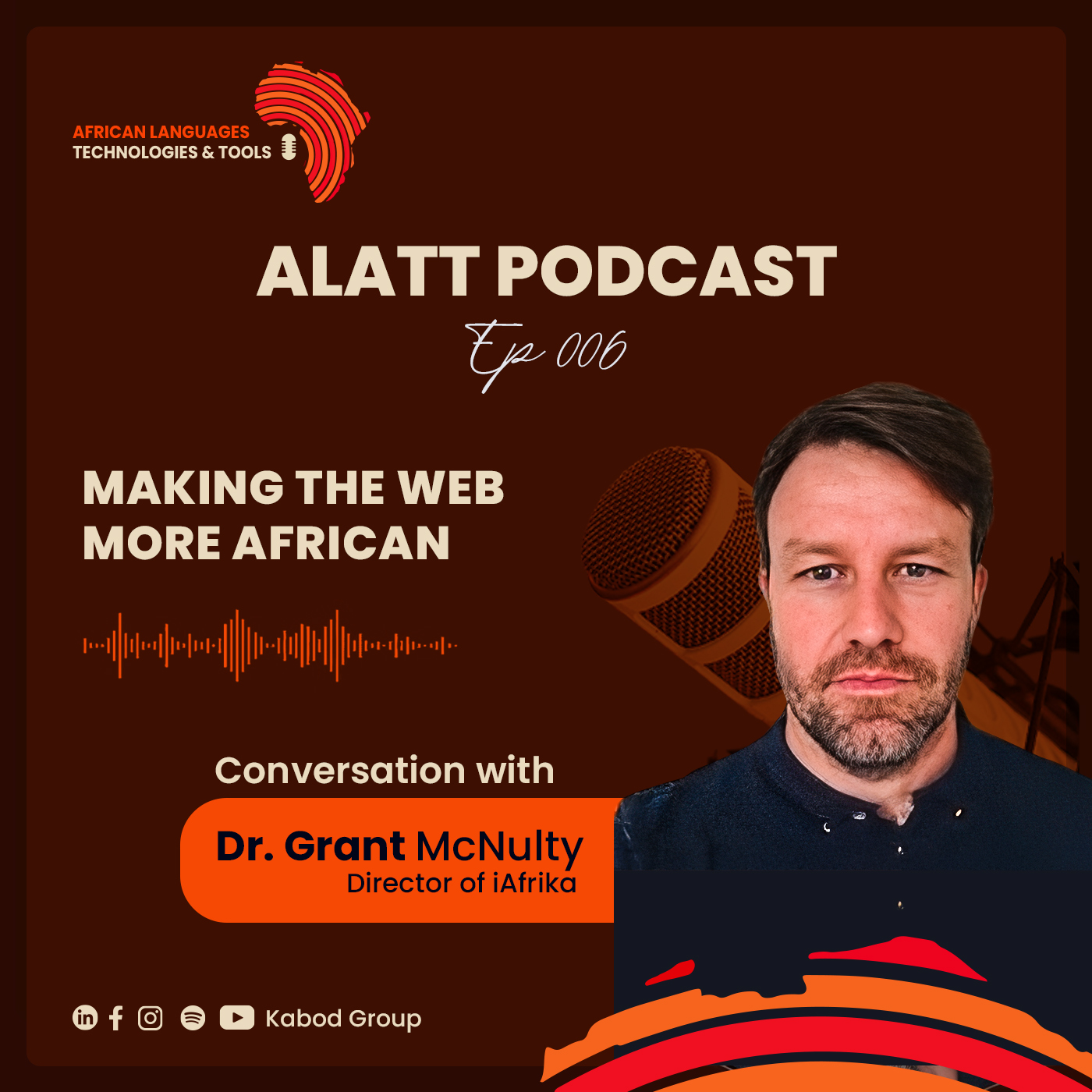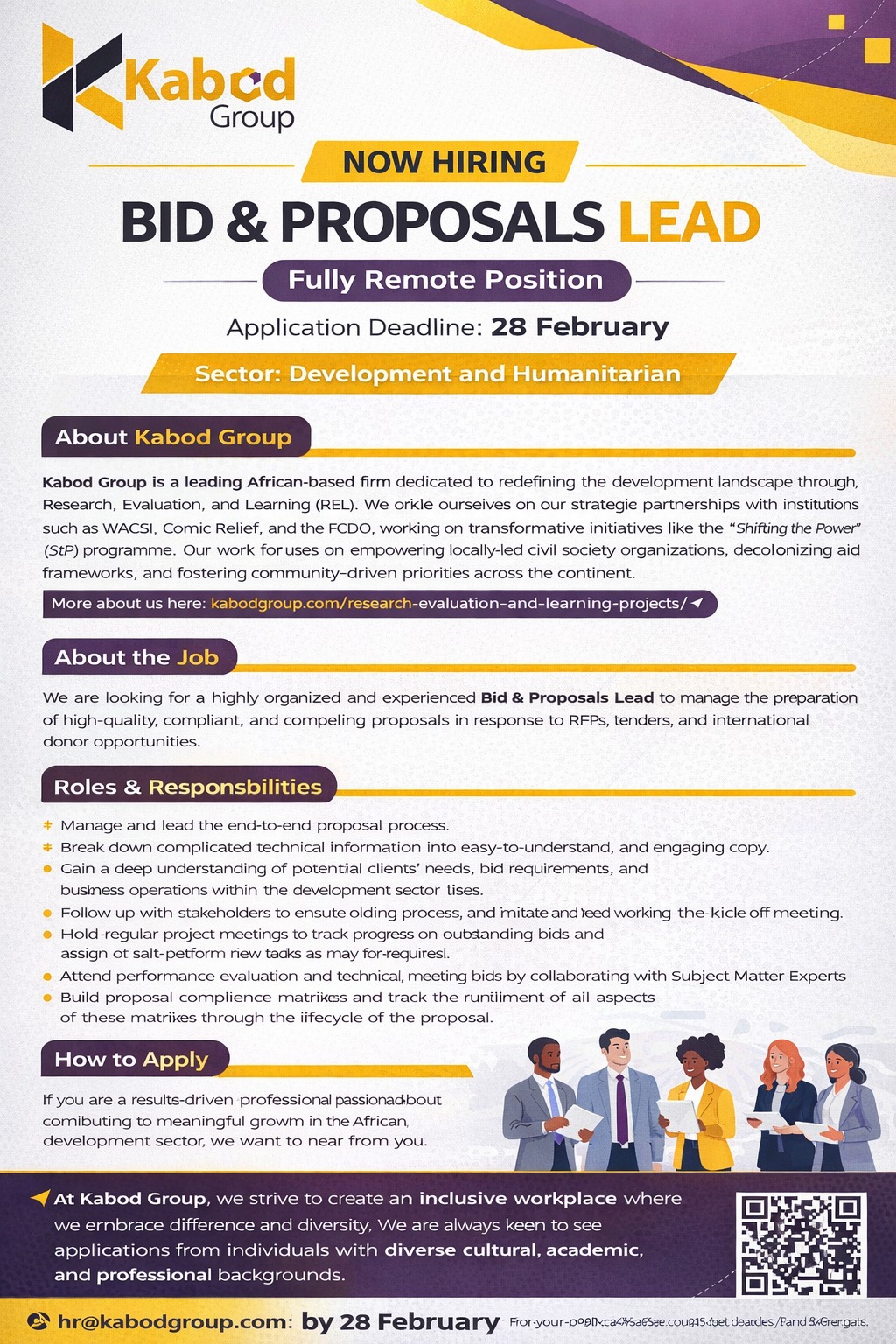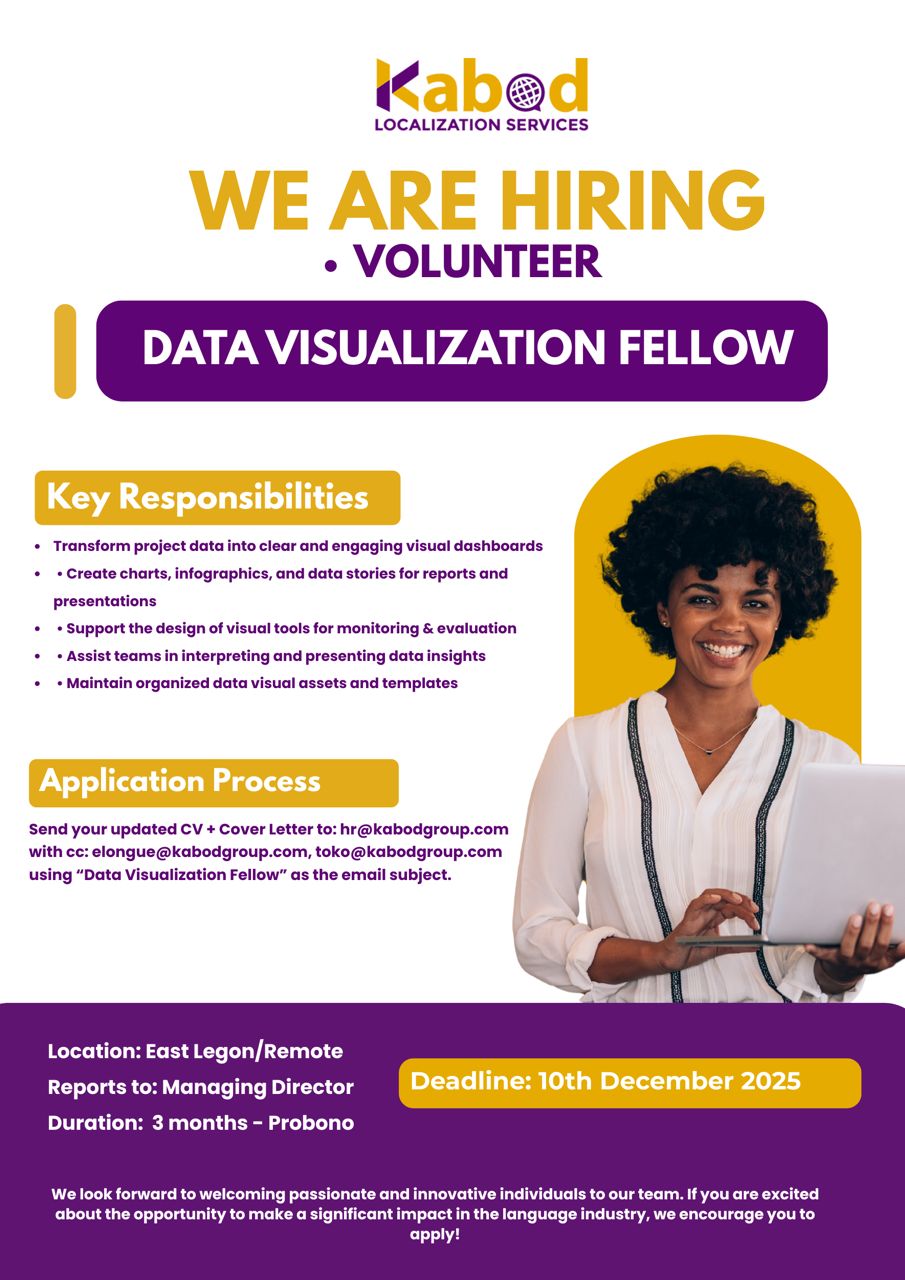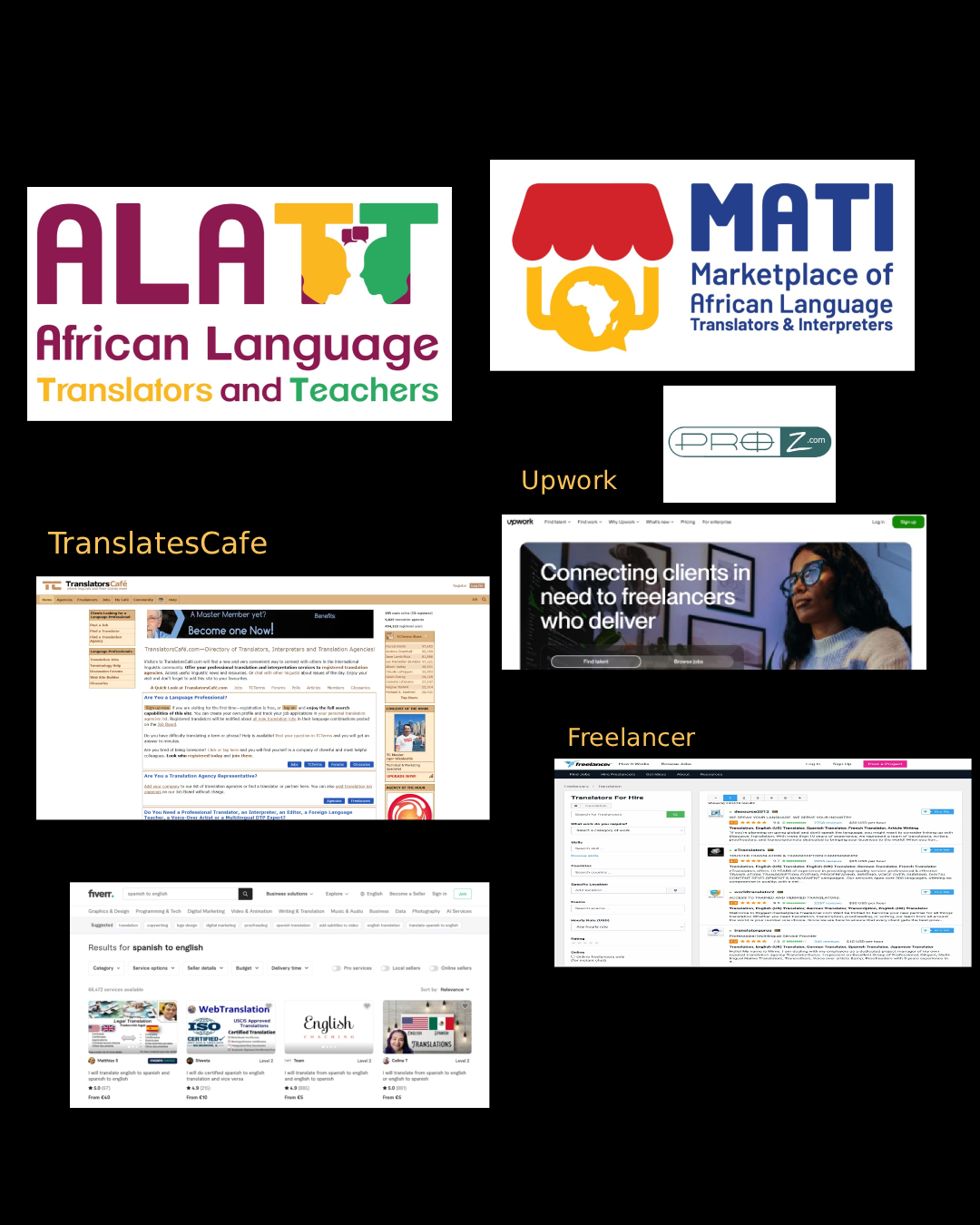Kabod is a language service provider specialising in providing quality language services in African and other Western languages. Our primary goal is to elevate African culture through our languages.
Dr. Grant McNulty runs iAfrika Digital where he focuses on making the web more African, by recording and sharing African cultures and histories online, in African languages. He has held various positions at University College London and the University of Cape Town (UCT), including a post-doctoral fellow at the Archive and Public Culture Research Initiative.
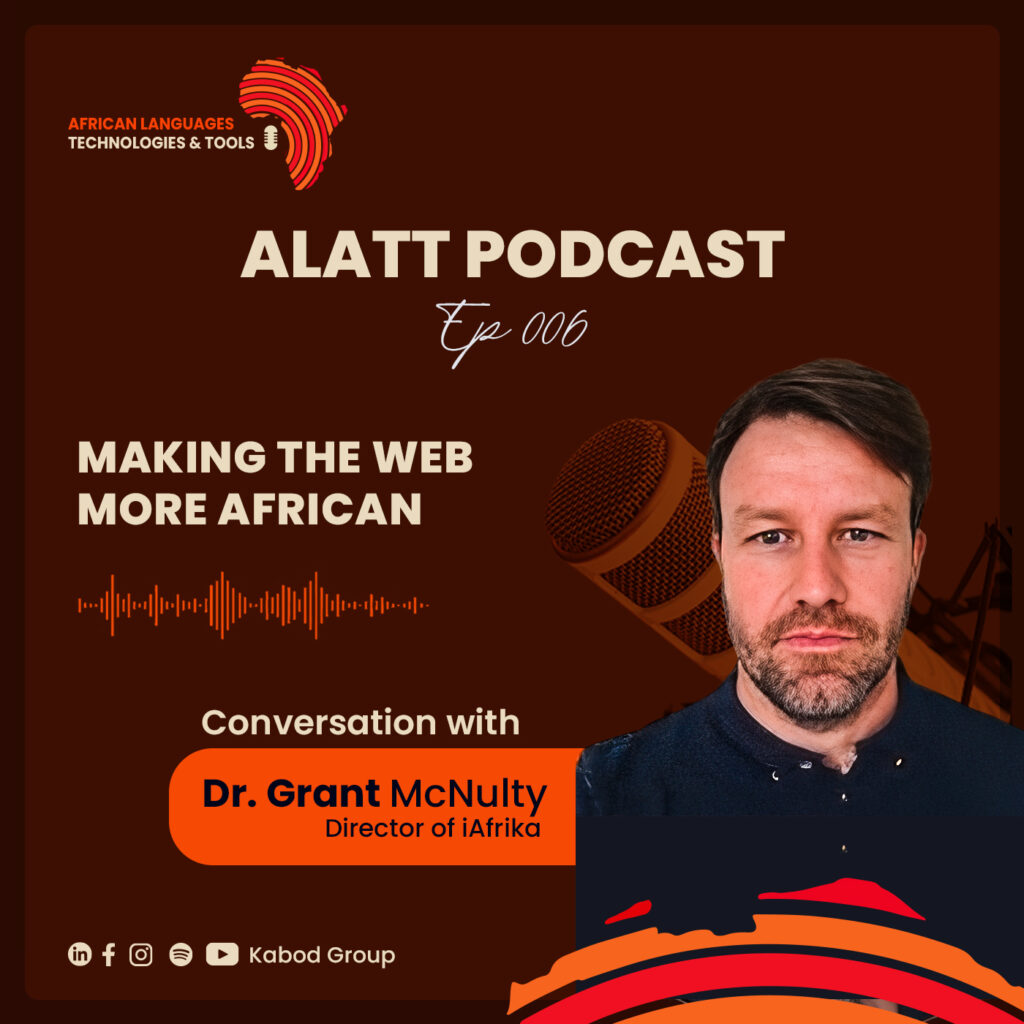
Kabod: Can you provide an overview of iAfrika Digital and the mission behind making the web more inclusive of African languages and cultures?
Dr. McNulty: Absolutely! The driving force behind iAfrika Digital is to address the glaring lack of African-language content on the Internet. Our mission is encapsulated in our tagline: “Making the web more African, one language at a time…”
But what does that really mean? It means creating cultural and educational resources online specifically designed for speakers of African languages. One of our projects is Diji, an e-learning platform that allows people to learn in their mother tongues because, let’s face it, we all learn best in our first languages.
Another flagship project is iAfrika – a cultural website that is a repository of African knowledge, cultures, and histories, all delivered in various African languages.
Our aim is to bridge the digital divide by making the online world more inclusive and accessible to African language speakers, allowing them to engage with content that resonates with their cultural identities and empowering them with knowledge in languages they understand best.

Kabod: What have been some major hurdles you’ve faced, and how is iAfrika working to overcome them?
Dr. McNulty: A major hurdle lies in the fact that the custodians of indigenous knowledge often lack the digital literacy to record and publish this invaluable information on the web.
To overcome this, we developed an introductory web publishing course, delivered in African languages, through our Diji e-learning platform. This equips people with skills to create and publish online content.
Moreover, we encourage our writers to engage with knowledge holders directly, fostering intergenerational dialogue on culture, history, and language preservation. This collaborative approach ensures the digital recording and dissemination of indigenous knowledge.
Kabod: With over 1.8 million users already engaging with your African language platforms, what has the response been from communities seeing their languages and cultures represented this way?
Dr. McNulty: The response from communities whose languages and cultures are being represented on iAfrika has been overwhelmingly positive. People are genuinely excited to have their heritage and traditions showcased on the internet.
They take immense pride in seeing their clan praises – a phenomenon prevalent across Africa – and histories accessible online. One aspect that resonates deeply is the ability to explore the rich tapestry of proverbs and sayings, testing their knowledge of the deeper meanings encoded within these linguistic gems.
It’s a way for them to truly immerse themselves in their language, culture, and history in the digital realm. This enthusiastic embrace from communities is a testament to the importance of representation and the hunger for content that authentically reflects their identities and heritage in an increasingly digital world.
Kabod: Beyond online repositories, what other technological tools or methods are being leveraged to document and promote African linguistic diversity?
Dr. McNulty: Social media can be used to promote linguistic diversity in Africa as online communities communicate with each other in their mother tongues. In terms of culture, there are various websites focused on things like African literature and oral traditions.
As AI and language models advance, they will be able to engage speakers in their mother tongues through applications like voice assistants, chatbots, and translation tools. Companies like Lelapa AI are developing AI systems for underrepresented African languages. Overall, technology offers new avenues for using and documenting African languages and preserving Africa’s linguistic diversity.
Kabod: How are you ensuring the accuracy and cultural authenticity of the online African language content?
Dr. McNulty: Ensuring accuracy and cultural authenticity when documenting African language content online is complex, as there are often multiple perspectives and variations within communities on aspects like history, traditions, and cultural practices.
Our approach is to accommodate this variability by allowing different groups to share their unique versions and understandings. We facilitate the representation of multiple narratives, enabling information literacy as users evaluate which resonates most with them.
Additionally, we encourage ongoing dialogue around the content through comments, opening up spaces for critique and alternative viewpoints. While imperfect, this method recognizes diversity within communities and gives voice to those diverse perspectives.
Kabod: What are some of the partnerships or collaborations that have enabled iAfrika’s work in this space?
Dr. McNulty: iAfrika’s work in promoting African linguistic diversity online and making content available in African languages has been enabled through a number of partnerships and collaborations. I must note the contributions of African language speakers across languages like Zulu, Tswana, Yoruba, Swahili and Siswati, without whom these projects could not succeed.
Formal partnerships with universities, libraries, and organizations have provided support, resources, expertise and recognition. These collaborations have opened doors for expanded reach and future opportunities.
Making the web more African is an ongoing, and multifaceted endeavour. We are actively seeking partnerships on the continent and in the diaspora to expand our initiatives into more African languages across regions.
Interested in speaking on the ALATT podcast? Or know someone who would be a great guest? Reach out to us at languages@kabodgroup.com.
This is the link to download the PDF file: Click Here !

